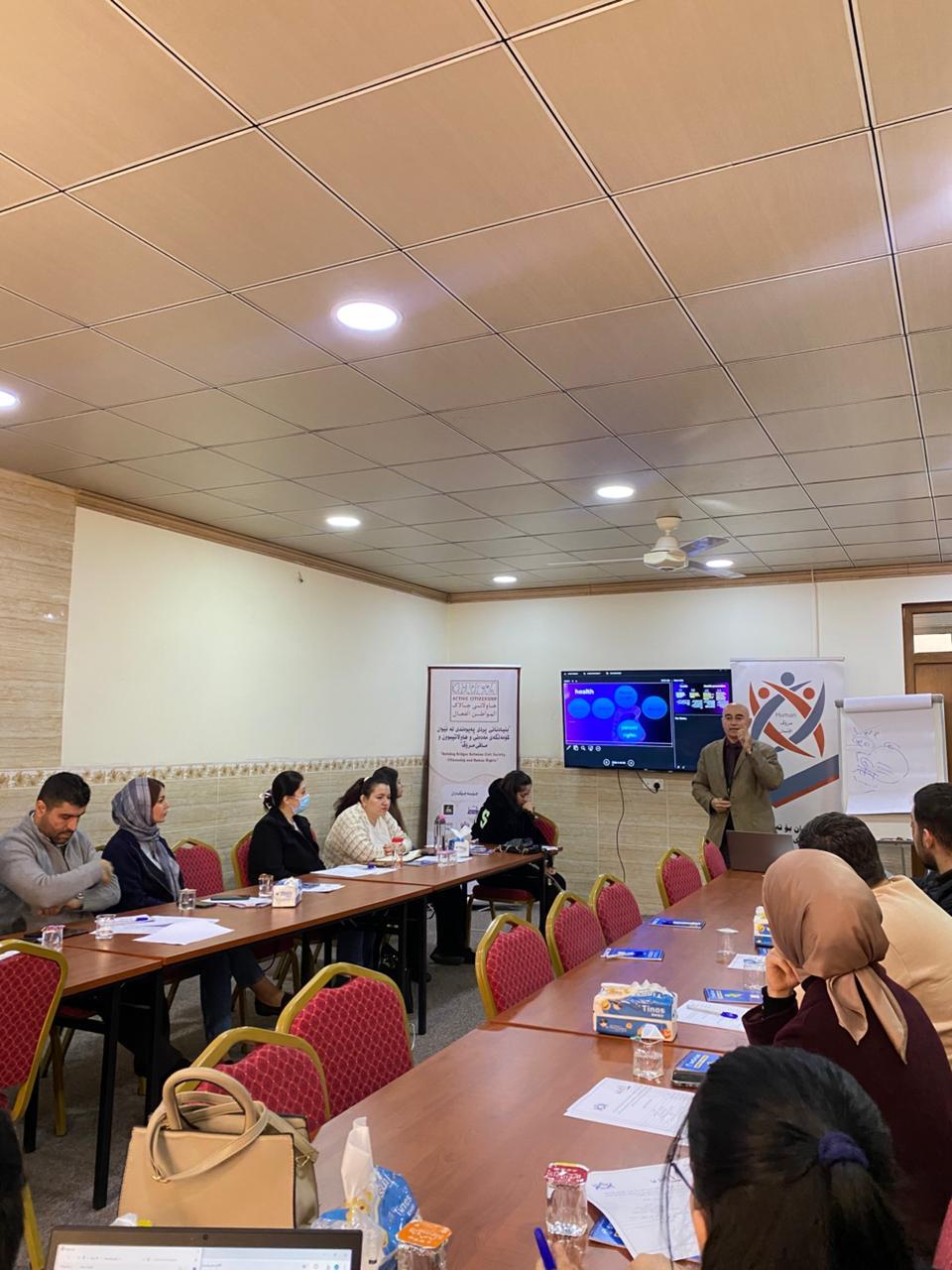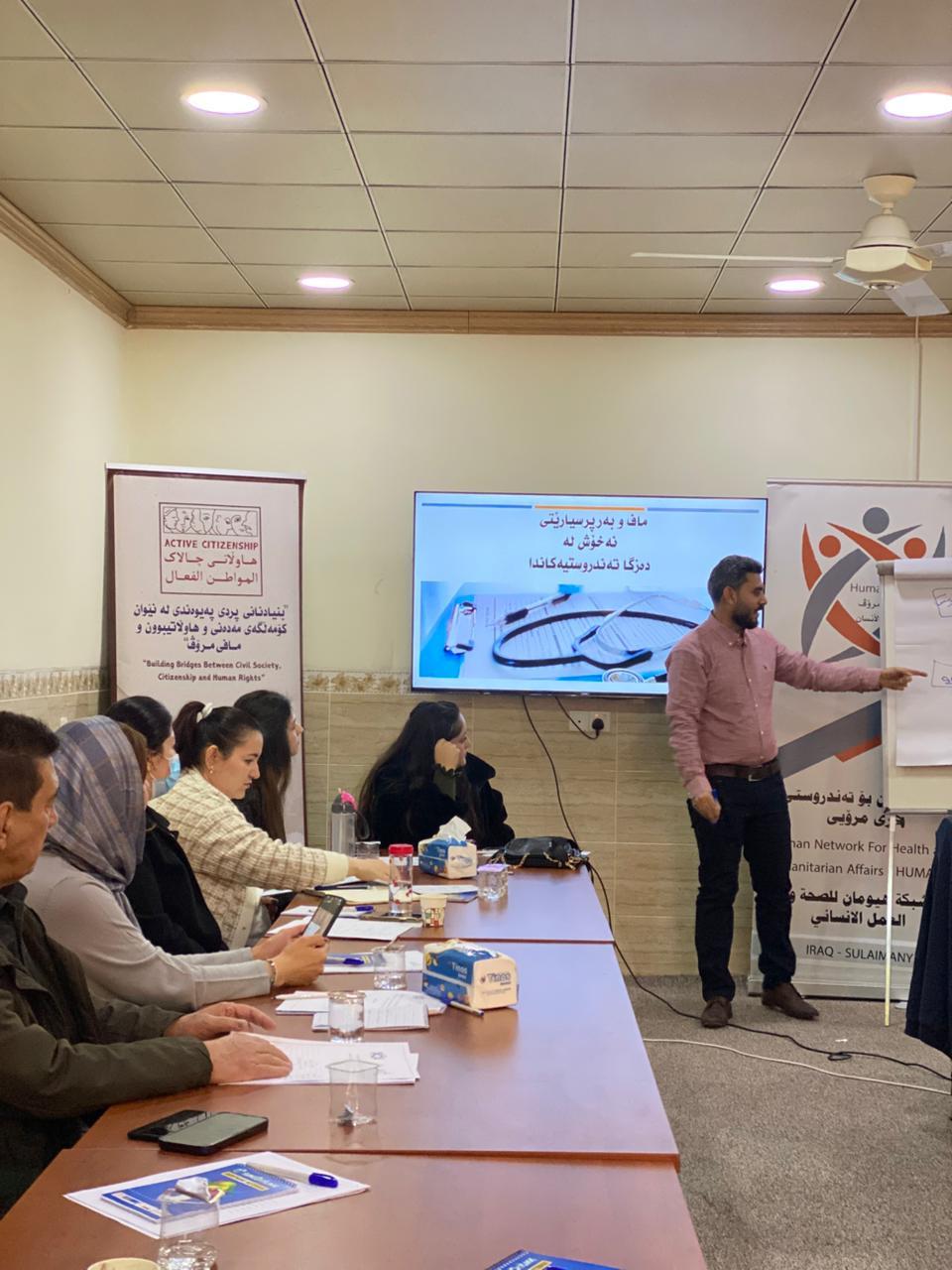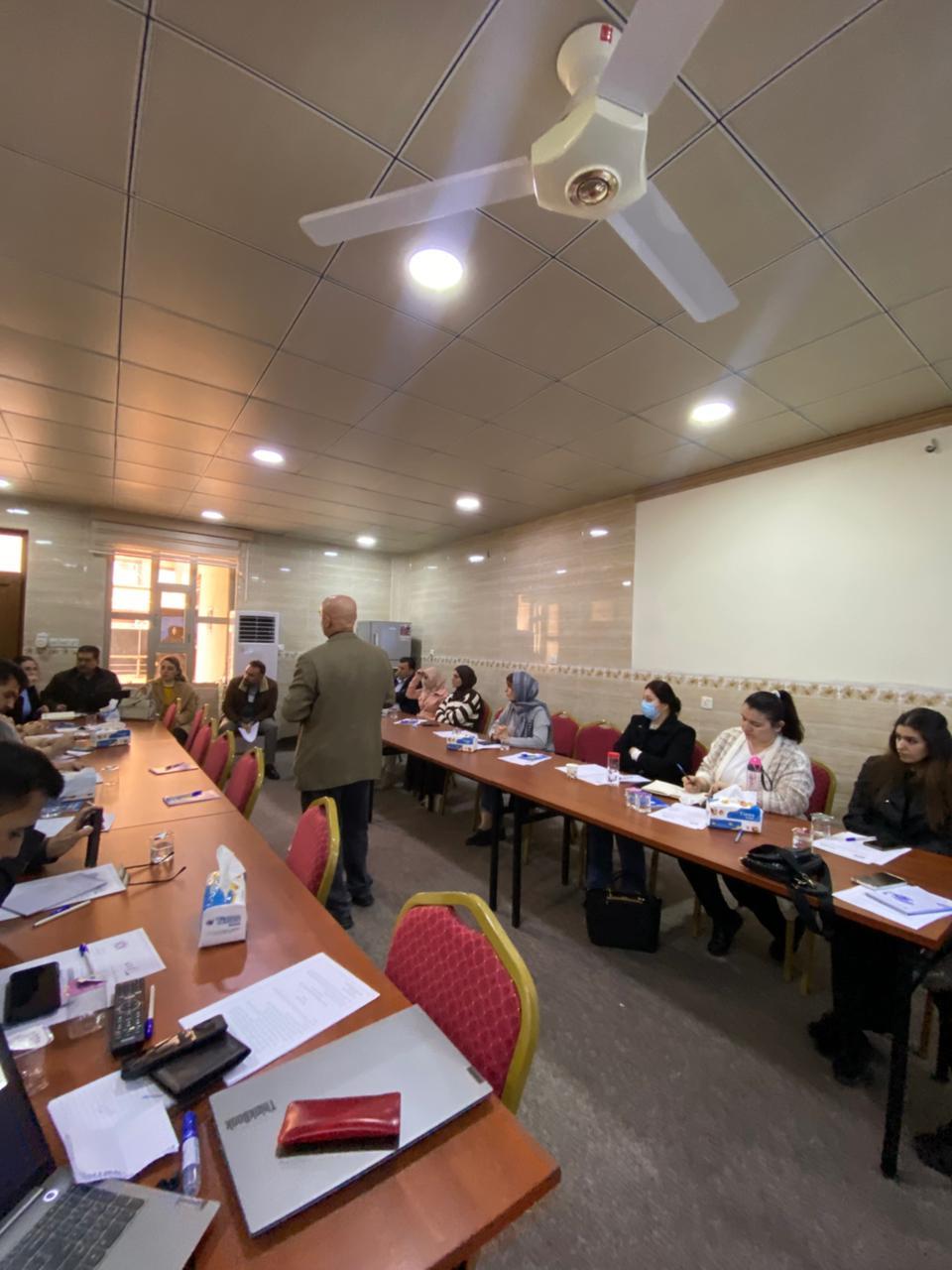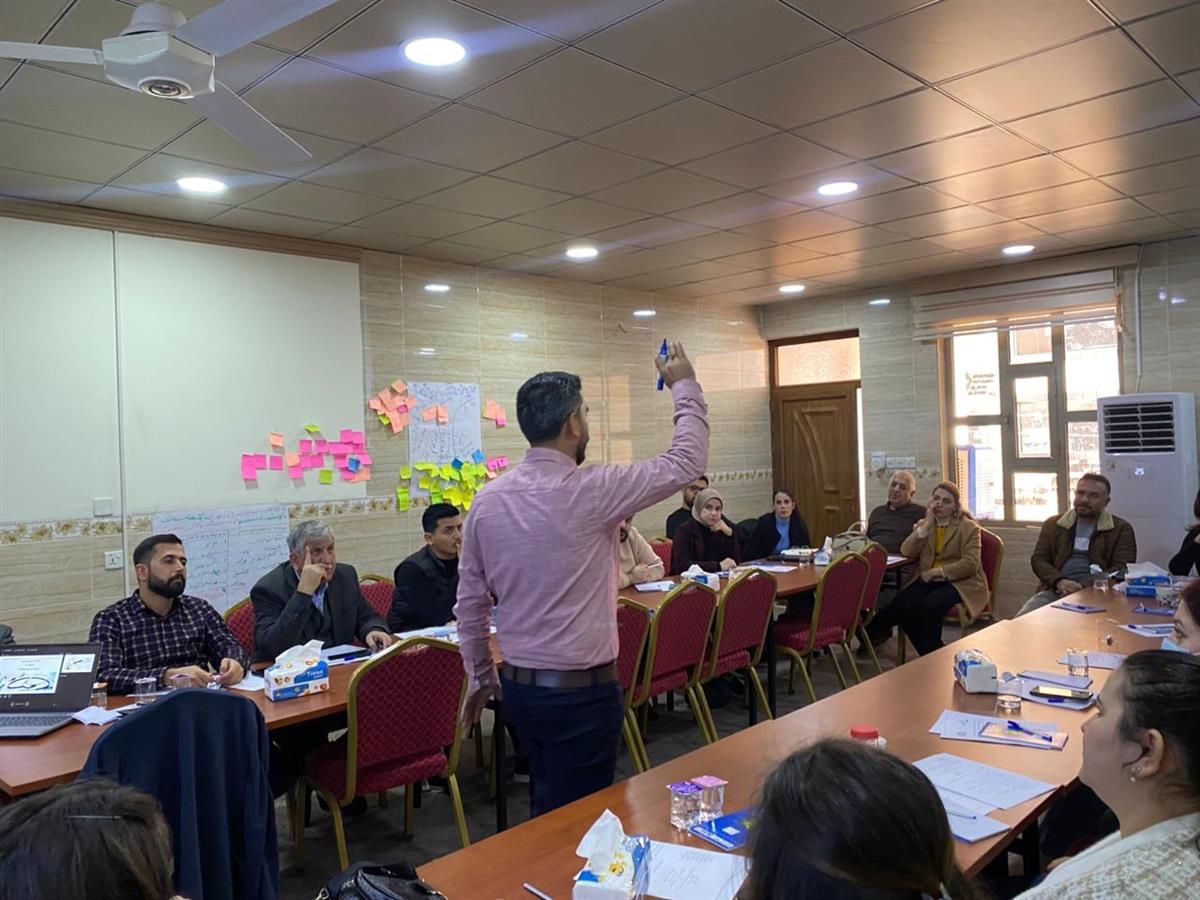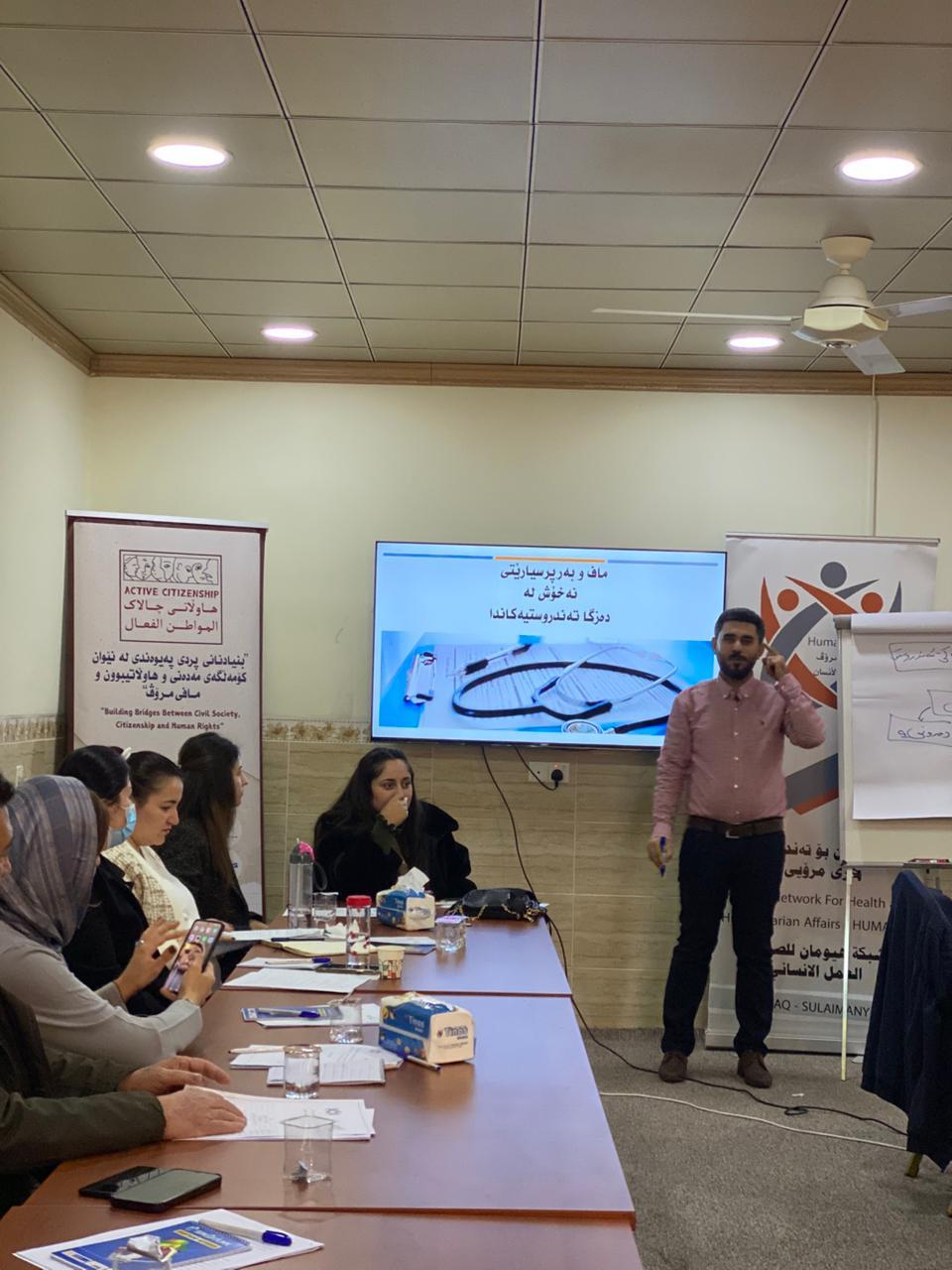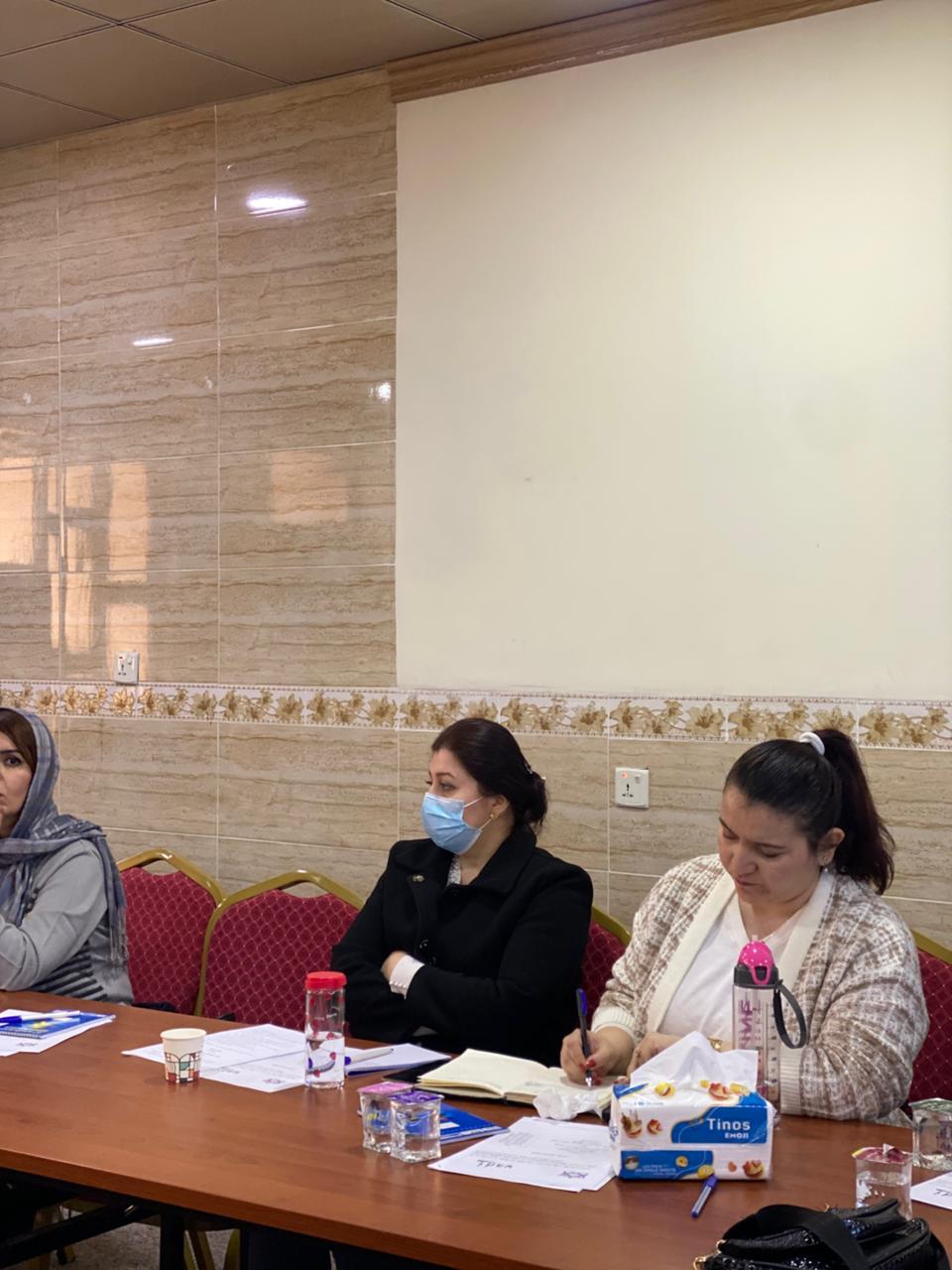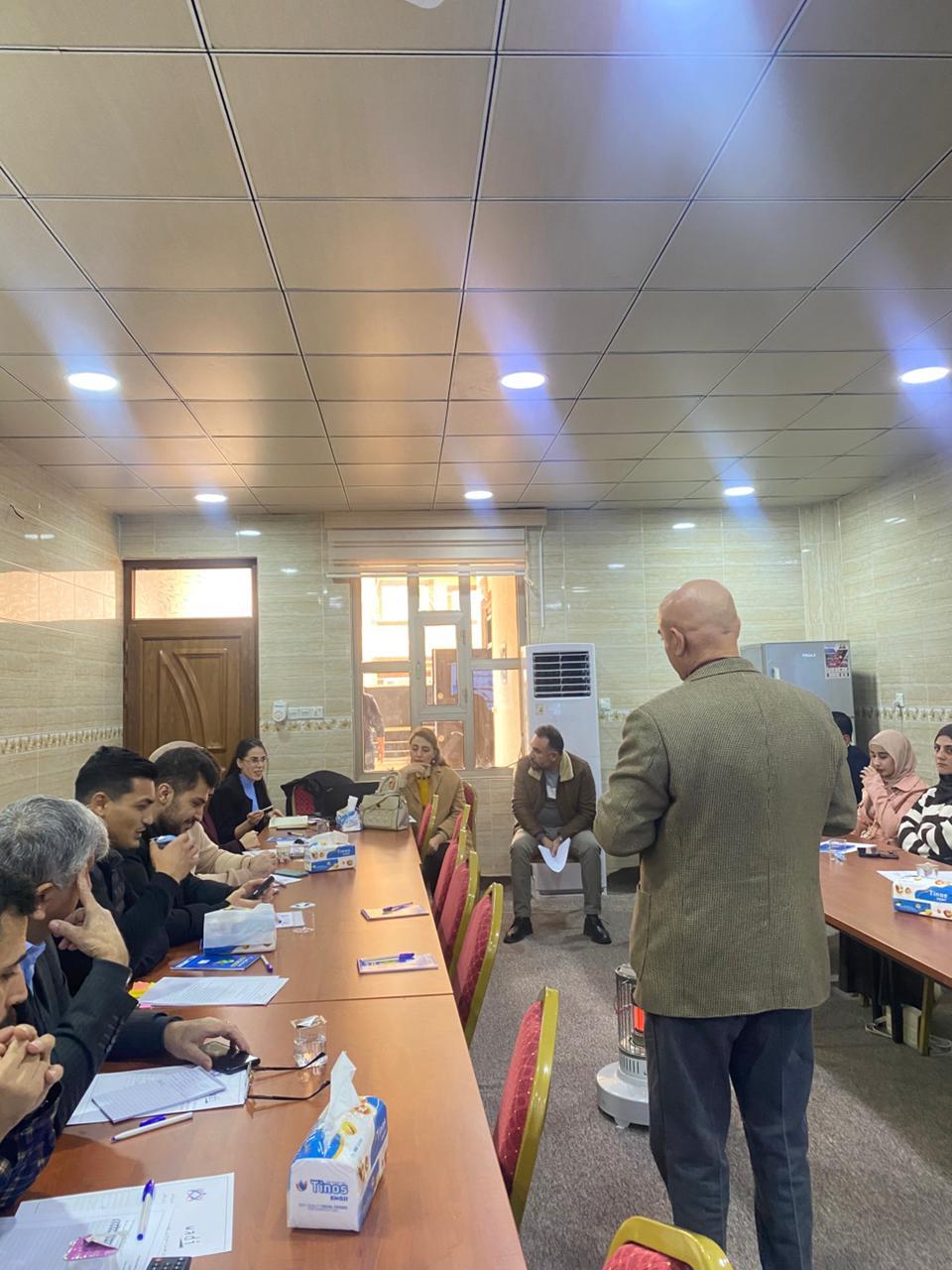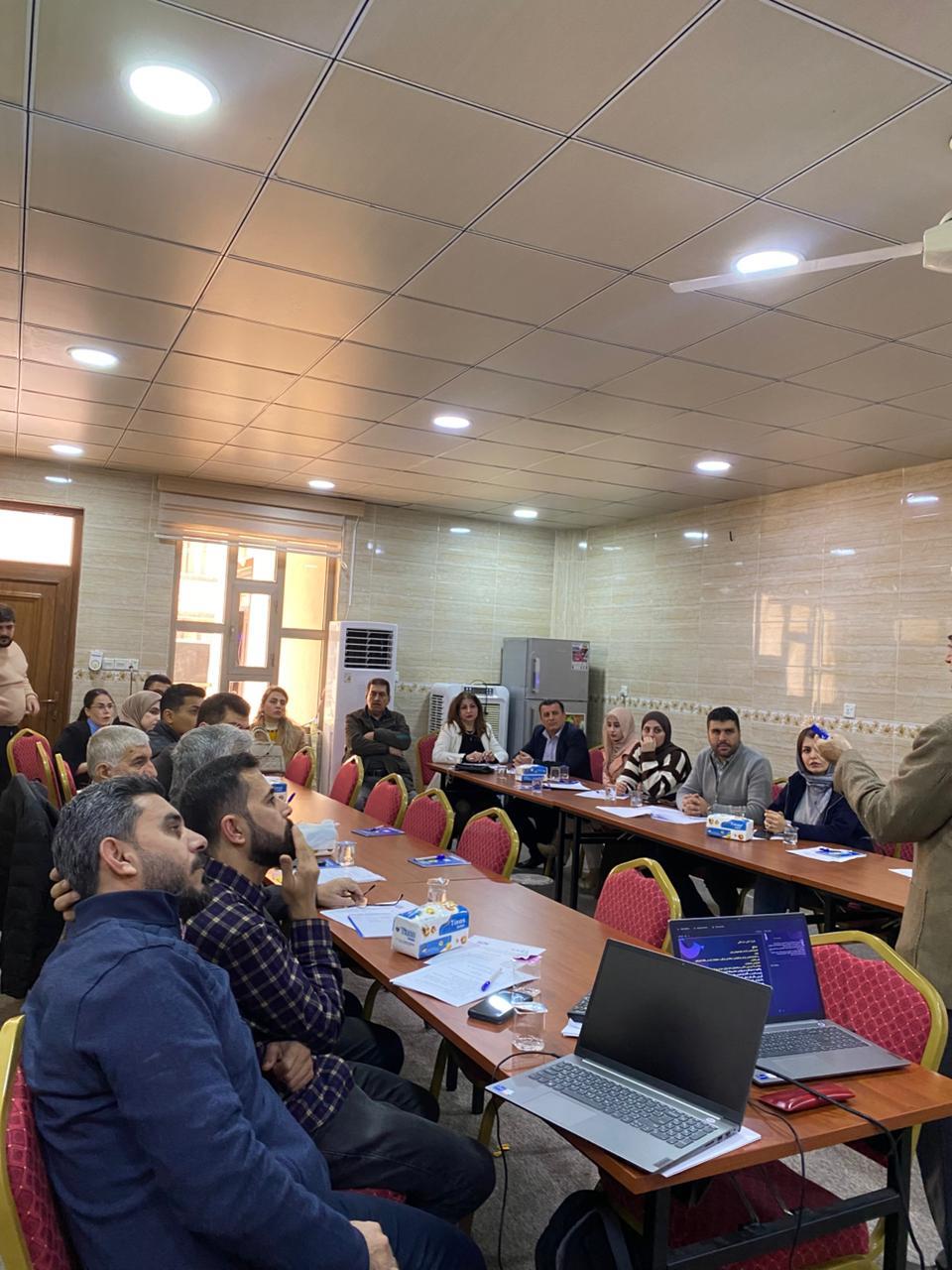Promoting public preventive health to reduce exposure to diseases& patient rights
2024-12-17
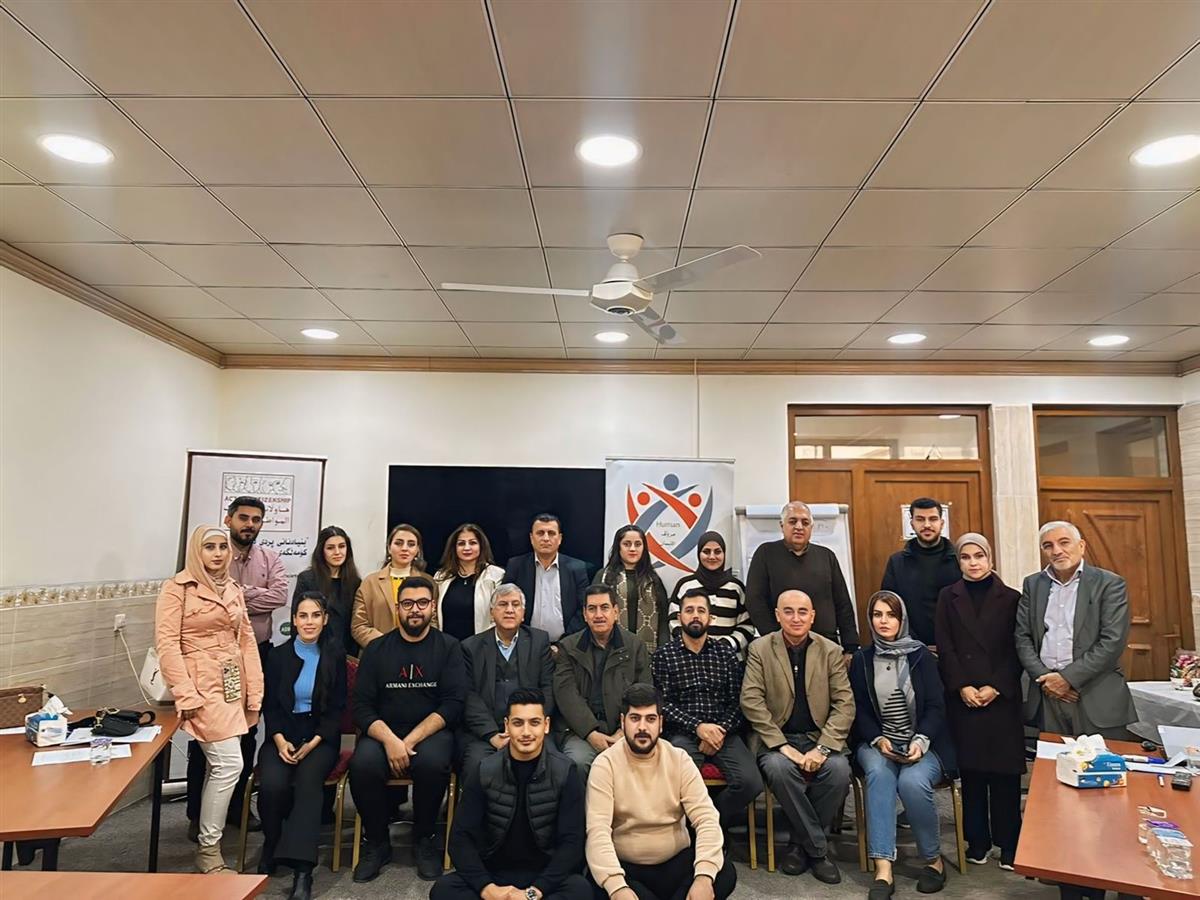
Detailed Report on the Workshop
Workshop Title: Active Citizen Project
Organizing Entities: Human Network in collaboration with Wadi Organization
Date of the Workshop: 12/12/2024
Number of Participants: 25 participants from various social groups, organizations, and stakeholders
Workshop Themes:
Health Prevention to Reduce Diseases.
Patient Rights.
Part One: Health Prevention to Reduce Diseases
Topic:
The focus was on the importance of prevention as a key step to reduce the spread of diseases, particularly infectious and chronic illnesses.
Discussions included effective methods to enhance health awareness in society, such as personal hygiene, proper nutrition, and the importance of vaccinations.
Discussions:
The role of healthcare institutions and civil society in spreading awareness.
The impact of daily practices on public health.
Challenges in implementing prevention programs, such as a lack of awareness or limited resources.
Conclusions:
Health awareness remains the biggest challenge.
There is a need to increase awareness programs targeting different age groups.
Media and social media play a critical role in disseminating health messages.
Recommendations:
Organize sustainable awareness campaigns on health prevention.
Provide training programs for healthcare workers to promote awareness in remote areas.
Enhance collaboration between healthcare institutions and schools to teach children the basics of prevention.
Part Two: Patient Rights
Topic:
Highlighting the fundamental rights of patients as per international and local standards.
Discussion of the patient's right to receive appropriate treatment, privacy, and access to information regarding their health status.
The introduction of Law No. 4 of 2020, issued by the Kurdistan Parliament, which regulates patient rights and outlines the obligations of healthcare institutions. However, the law is not practically implemented.
Discussions:
The law is a positive step toward ensuring patient rights, but challenges such as lack of funding, limited awareness, and weak oversight mechanisms hinder its implementation.
The importance of involving regulatory bodies and civil society to push for the activation of the law.
Building trust between patients and healthcare providers.
Conclusions:
Activating Law No. 4 of 2020 could significantly improve the state of patient rights.
Limited knowledge of the law among healthcare workers and the public leads to unintended violations of patient rights.
A practical framework is needed to implement the law and ensure compliance.
Recommendations:
Issue clear executive regulations to activate Law No. 4 of 2020.
Train healthcare workers and institutions on adhering to the law.
Organize workshops and awareness campaigns to educate citizens on their health rights under the law.
Strengthen monitoring and accountability to ensure the law's application in all healthcare facilities.
Launch media campaigns to highlight the importance of the law and patient rights.
Workshop Outcomes:
An initial plan to launch awareness campaigns on health prevention and patient rights, including Law No. 4 of 2020.
A recommendation to hold additional workshops to train healthcare workers and raise community awareness.
A call for a partnership between the Human Network, Wadi Organization, and relevant government bodies to support the law's activation.
Conclusion:
The workshop successfully emphasized the importance of collective efforts to promote health prevention and guarantee patient rights, with a specific focus on activating Law No. 4 of 2020 to serve as an effective tool for improving the quality of healthcare in the Kurdistan Region.
